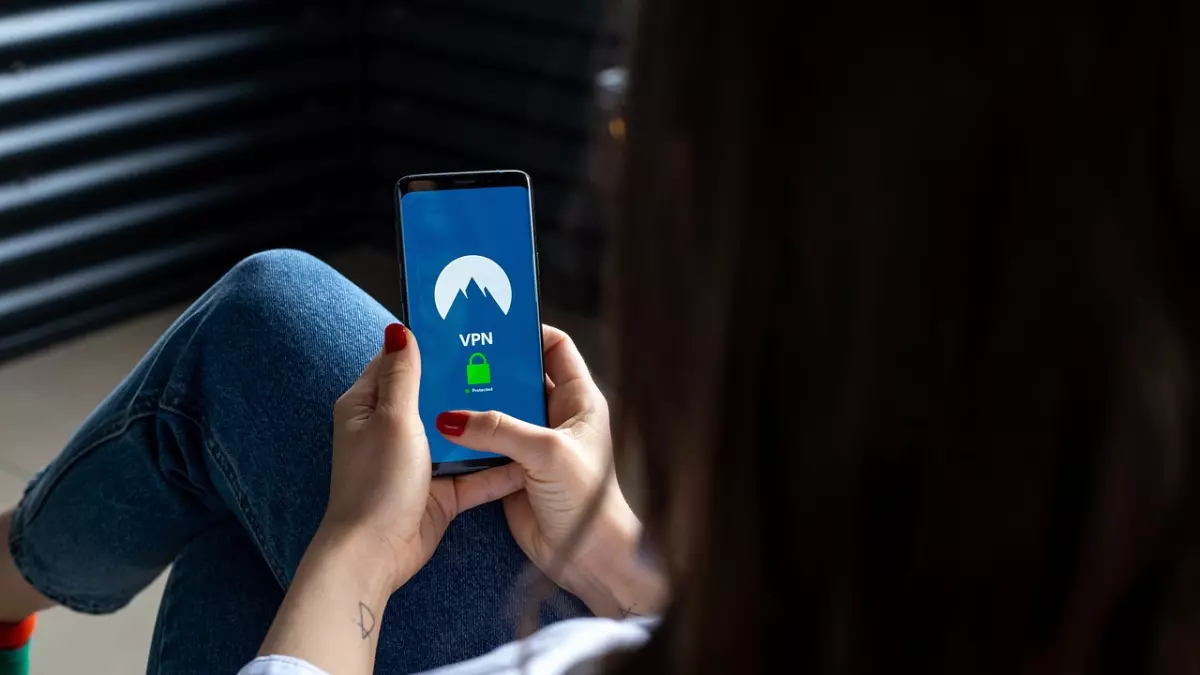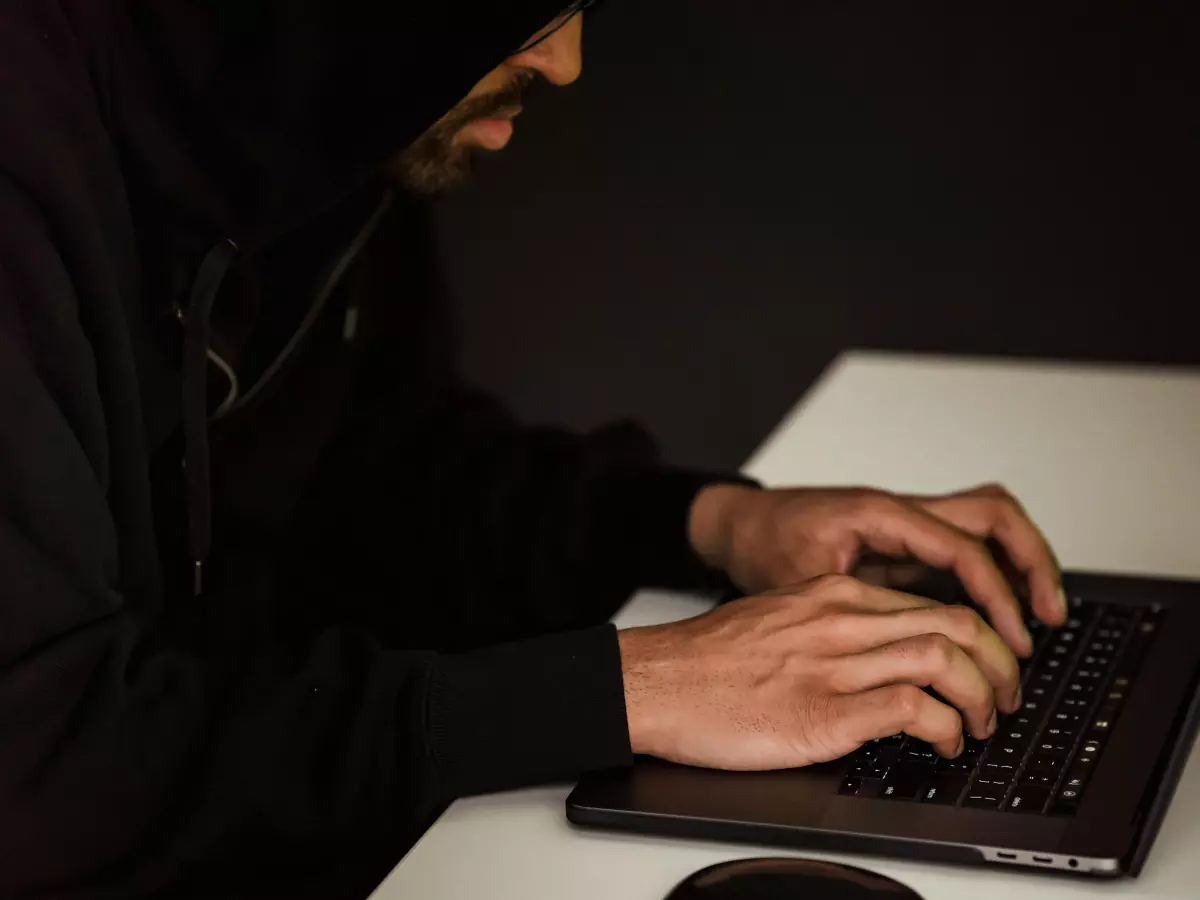VPNs: Friend or Foe?
VPNs are supposed to be the ultimate privacy tool, right? Well, not so fast. What if I told you that your VPN might be doing more harm than good?

By Laura Mendes
Virtual Private Networks (VPNs) have been around since the mid-1990s, originally developed as a way for businesses to securely connect remote employees to corporate networks. Back then, the internet was a much simpler place, and the idea of encrypting your connection to shield it from prying eyes seemed like a foolproof solution. Fast forward to today, and VPNs are marketed as the ultimate tool for online privacy, promising to protect users from hackers, government surveillance, and even their own internet service providers (ISPs).
But here’s the kicker: while VPNs can indeed mask your IP address and encrypt your internet traffic, they’re not the invincible shield they’re often made out to be. In fact, they can introduce a whole new set of risks that most users aren’t even aware of.
What’s Lurking Behind That VPN?
Let’s get one thing straight: not all VPNs are created equal. Some are excellent at what they do, while others are little more than glorified data collection tools. Yep, you read that right. Many free VPN services, and even some paid ones, log your data and sell it to third parties. So, while you think you’re browsing anonymously, someone out there could be profiting off your information.
And it doesn’t stop there. VPNs can also be vulnerable to a variety of cyberattacks. For example, DNS leaks can occur when your VPN fails to properly route your requests through its encrypted tunnel, exposing your browsing activity to your ISP or even hackers. Then there’s the issue of weak encryption protocols. Some VPNs use outdated encryption standards that are easier for cybercriminals to crack, leaving your data wide open to interception.
The False Sense of Security
One of the biggest dangers of using a VPN is the false sense of security it provides. Many users believe that once they’re connected to a VPN, they’re completely safe from cyber threats. But the truth is, a VPN is just one layer of protection. It won’t save you from phishing attacks, malware, or other forms of cybercrime. In fact, some hackers specifically target VPN users, knowing that they might let their guard down while browsing.
And let’s not forget about the VPN providers themselves. If you’re using a VPN based in a country with weak data privacy laws, there’s a chance that your provider could be forced to hand over your data to the government. This is especially concerning for users who rely on VPNs to access censored content or communicate securely in oppressive regimes.
So, What’s the Solution?
Does this mean you should ditch your VPN altogether? Not necessarily. VPNs can still be a valuable tool for protecting your privacy, but only if you choose the right one and use it wisely. Here are a few tips to help you stay safe:
- Do your research: Before choosing a VPN, make sure to read reviews and check if the provider has a strict no-logs policy.
- Pay for quality: Free VPNs are often too good to be true. Invest in a reputable paid service that uses strong encryption and doesn’t sell your data.
- Use other security measures: A VPN should be just one part of your cybersecurity strategy. Make sure you’re also using antivirus software, firewalls, and multi-factor authentication.
- Be mindful of where your VPN is based: Some countries have laws that allow governments to demand user data from VPN providers. Choose a provider based in a privacy-friendly jurisdiction.
The Future of VPNs
As cyber threats continue to evolve, so too will the tools we use to protect ourselves. It’s likely that VPN technology will improve in the coming years, with stronger encryption protocols and more transparent privacy policies. However, it’s also possible that VPNs could become obsolete as new, more advanced privacy tools emerge.
In the meantime, the key takeaway is this: don’t rely solely on your VPN to keep you safe. It’s a useful tool, but it’s not a magic bullet. Stay informed, stay cautious, and always be on the lookout for new ways to protect your online privacy.





